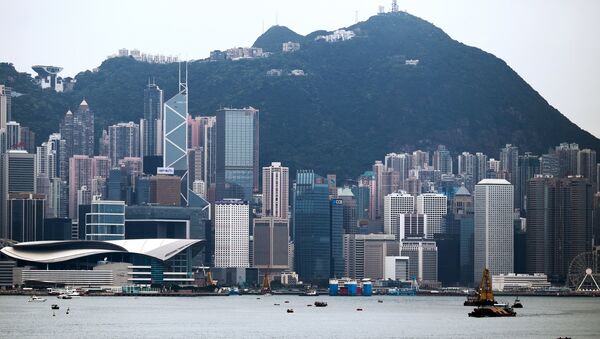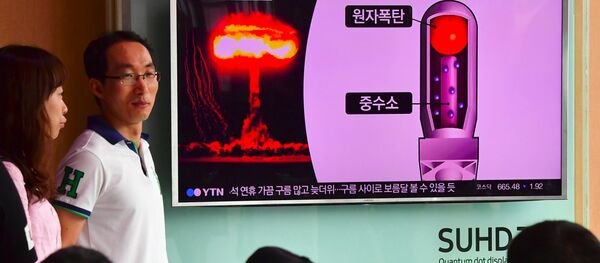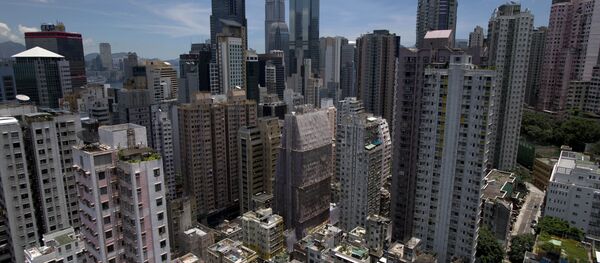"It's crazy," Darrin Woo, a classic car collector who shipped his 1968 Mercedes-Benz 600 Pullman limo and a fiery red 1957 Fiat Abarth to California to save money on parking space, told Bloomberg. "Buy a space? No way. I could buy five cars for that much."
In Ho Man Tin, a luxury residential area in Kowloon, Hong Kong, a parking spot broke earlier records by selling for a staggering $765,000.
According to Denis Ma, head of Hong Kong research at consulting firm Jones Lang LaSalle Inc., Hong Kong developers may be to blame for the sky-high parking spot costs, since they develop buildings in which the ratio of parking spots to housing units is kept low.
A report by Hong Kong's Transport Department revealed that the number of parking spaces increased by a mere 9.5 percent between 2006 to 2016. During the same period, private car numbers grew 49 percent. The city is known for expensive housing costs; and has had what many consider to be the world's least-affordable housing market for the last eight years.
While the price of an average parking space has increased spectacularly, home prices in Hong Kong have not followed suit, increasing 3.4 percent over the same period.
Hong Kong car parks has become lucrative investments — above conventional real estate — because they carry less taxes than housing. For example a parking spot in Hong Kong selling for some $300,000 would have a stamp duty of 3 percent compared to a 30 percent in taxes for a house worth the same amount. In addition, flipping a property within a year adds an additional 15 percent tax while car parking spots do not have any such taxes associated with them.
"It provides an opportunity for short-term investment that residential cannot provide," said Patrick Wong, a property analyst for Bloomberg Intelligence in Hong Kong. "The yield is not too high but when you talk about capital appreciation, who cares about the yield?"



